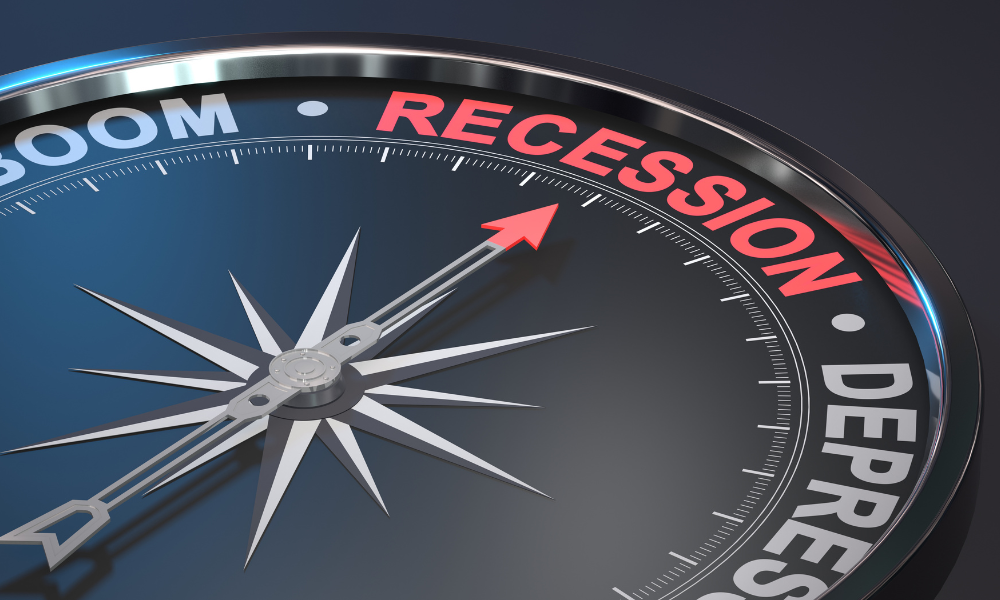Housing market cools just as trade frictions heat up

Canada has likely entered a technical recession, according to a recent survey of economists, as businesses and consumers grapple with significant uncertainty surrounding the nation’s trade relationship with the United States. The economic downturn is primarily attributed to tumbling exports and a slowdown in key sectors, exacerbated by lingering tariff threats from the US.
Economists surveyed by Bloomberg project Canada’s output will shrink by 1% on an annualized basis in the second quarter of 2025 and by 0.1% in the third quarter, meeting the criteria for a technical recession.
This contraction follows a period where US importers pulled forward shipments earlier in the year due to president Donald Trump’s tariff warnings, leading to an estimated 7.4% annualized drop in exports for the current quarter. While forecasters anticipate a modest recovery for exporters later in the year, the immediate impact is evident.
The prevailing uncertainty has also cast a shadow over Canada’s housing market, with both home prices and sales experiencing a notable slowdown. Experts suggest housing starts could be weaker in the latter half of 2025 compared to the second quarter, further signalling economic headwinds.
Bank of Canada’s cautious stance
Bank of Canada governor Tiff Macklem acknowledged the challenging environment on Thursday, stating, “The more we can get uncertainty down, the more we can be more forward-looking as we move forward in our monetary policy decisions.”
That underscored the cautious approach the central bank is taking, with Bloomberg’s World Interest Rate Probability indicating a less than 30% chance of an interest rate change at its June meeting.
The economic outlook also includes a projected rise in unemployment, expected to reach 7.2% in the second half of the year before easing in 2026. Inflation is also anticipated to remain above the central bank’s target, forecast at 2.1% in the third quarter and 2.2% in the fourth.
The political landscape continues to play a crucial role. Prime minister Mark Carney is set to meet with Trump at the G7 leaders’ summit in Alberta in June, marking Trump’s first visit to Canada since reassuming power. However, Carney has previously cautioned that the era of deepening integration between the two countries has concluded.
Despite the immediate challenges, economists still foresee gross domestic product rising by 1.2% in 2025 and 1% in 2026, consistent with previous surveys. The Bloomberg survey, which included 34 economists, was conducted from May 16 to May 21.
What are your thoughts on the recent analysis? Share your insights below.



